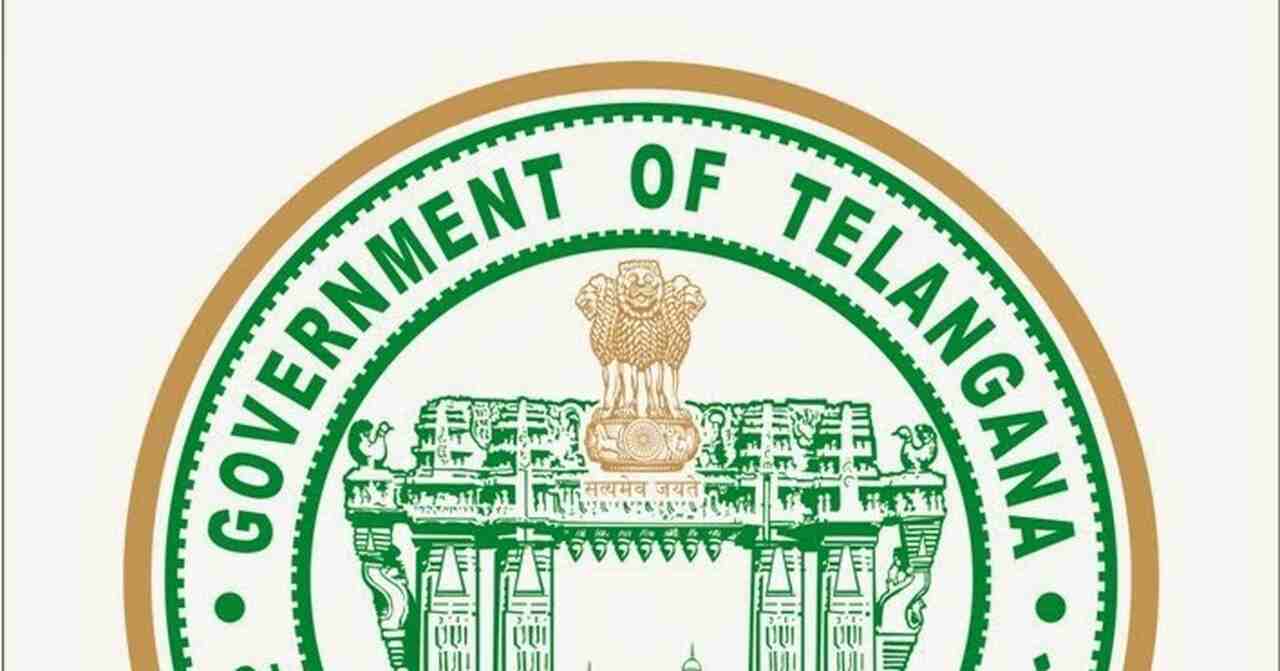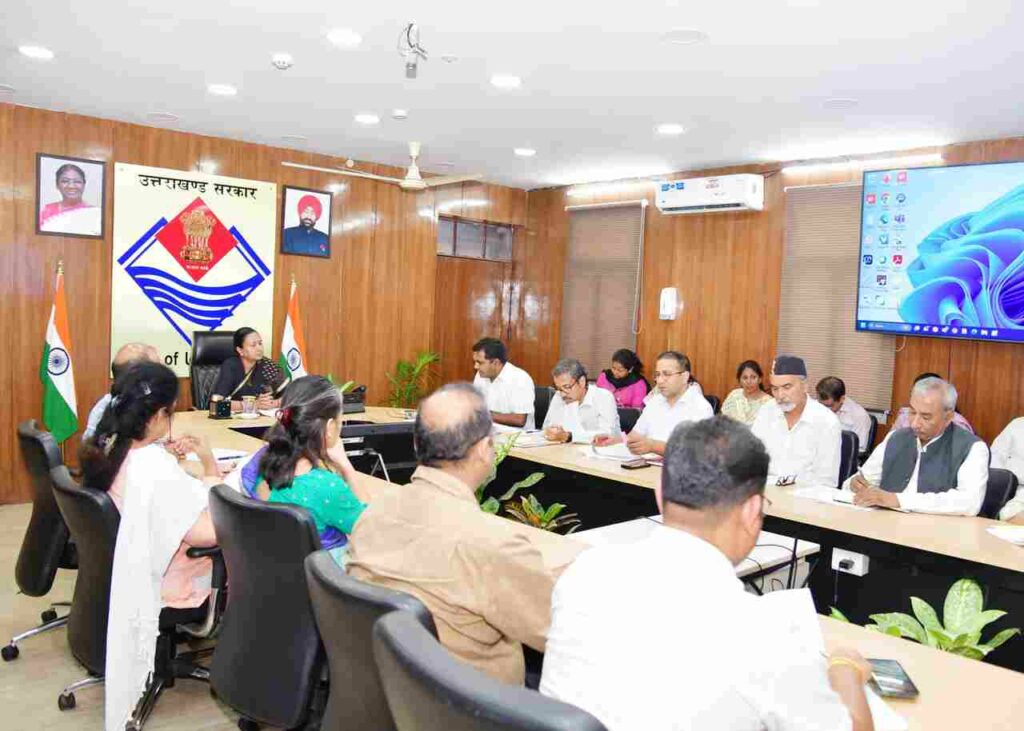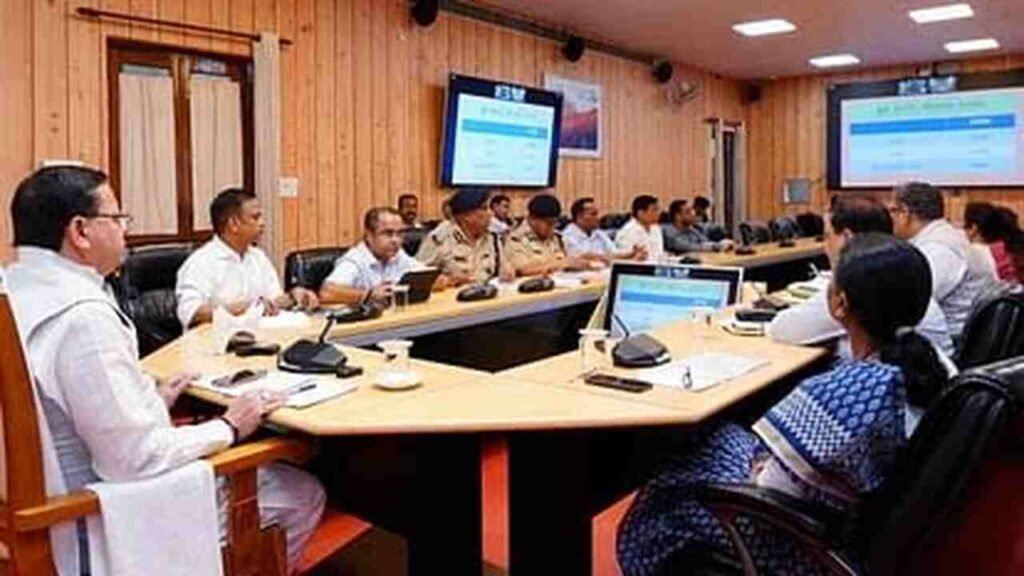The Telangana High Court dismissed the hopes of seven IAS officers—four from Telangana and three from Andhra Pradesh—who sought to remain in their current states instead of complying with the Central Government’s transfer orders.
The court, led by Justice Abhinand Kumar Shavili, rejected the urgent petitions filed by the officers, which included Vani Prasad, Vakati Karuna, Ronald Rose, and Kata Amrapali from Telangana, and Ch Hari Kiran, Srijana Gummala, and Siva Sankar Lotheti from Andhra Pradesh. They were challenging a December 9 directive from the Department of Personnel and Training (DoPT), which mandated that Telangana officers report to the Andhra Pradesh government and vice versa by Wednesday evening.
On Tuesday, the officers had approached the Central Administrative Tribunal (CAT), asking for a temporary hold on the DoPT orders, arguing that their concerns had not been adequately considered. However, the CAT declined their request and instructed them to comply with the orders before the deadline.
In light of this, the officers filed lunch motion petitions with the Telangana High Court seeking to delay their transfers. However, Justice Shavili ruled against their requests, emphasizing that allowing stays would complicate the resolution of the matter. He instructed the officers to report to their new states while their legal challenges were pending.
The judge noted that the Central Government would determine their postings, indicating that the court could later ask the DoPT to reassess their requests.
Previously, the DoPT had rejected the pleas of five IAS and three IPS officers who were reassigned to the Andhra Pradesh cadre following the bifurcation of the states in 2014. The officers affected include those from various batches and ranks, and they have been engaged in a prolonged legal dispute regarding their cadre allocations.
In a prior ruling on January 3, 2024, the Telangana High Court upheld the guidelines set by the Pratyush Sinha committee, prompting the DoPT to address the grievances of the officers who opposed their transfers. The DoPT subsequently formed a committee, which concluded that the officers’ claims did not align with the established guidelines, leading to the recent transfer orders issued on October 9.








